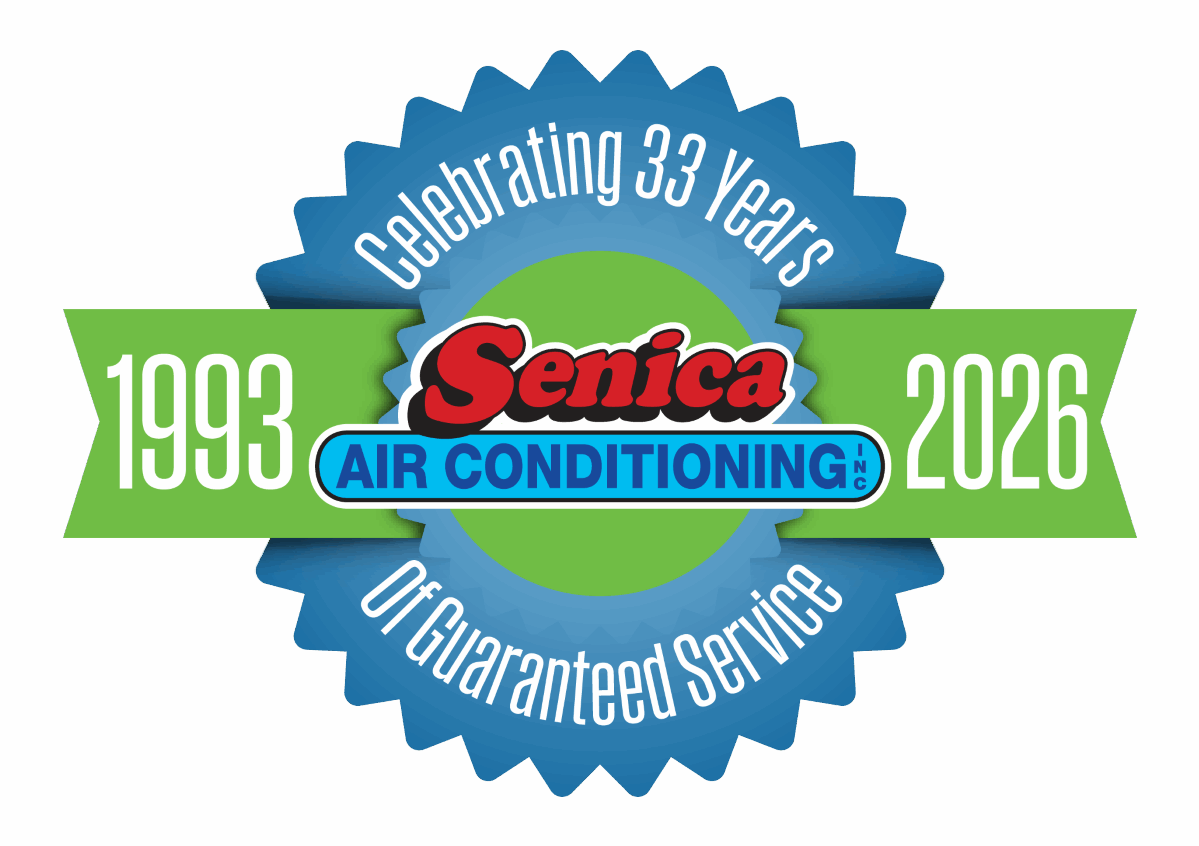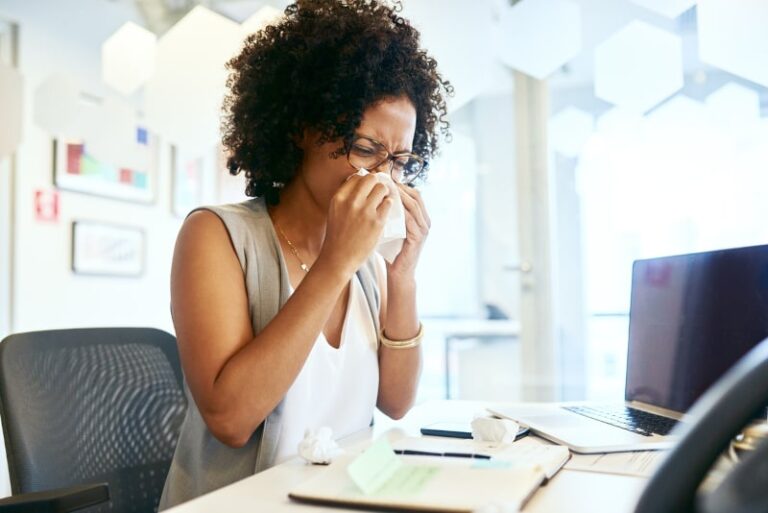Dealing with the heat of Inverness, FL can be difficult on its own, but seasonal allergy symptoms can make breathing challenging. While indoor air quality solutions can help neutralize many common household allergens, you can also use your AC or heat pump to combat allergy symptoms. Find out more about how to do that today.
Make Sure Your AC Filters Stay Clean
AC systems have filters that enable them to purify your air and remove contaminants from it. However, over time, dirt and debris fill your filter, which not only results in your AC struggling to adequately cool your home but also distributes allergens through your home’s vents. Industry experts recommend changing your filters every 90 days, but if you have pets or other extenuating factors in your home, consider replacing them more often.
Use High-MERV-Rated Filters
Changing filters is great, but the type of filter you choose also impacts how well your AC battles allergens. Each filter has a MERV, or Minimum Efficiency Reporting Value, rating. These ratings run from 1 to 16, though most residential HVAC systems are not capable of accepting filters with MERV ratings higher than 13.
A higher MERV rating indicates an ability to remove correspondingly smaller particulate matter from the surrounding air at higher rates. For example, a filter with a MERV rating of 13 will be able to trap up to 75% of all particles that are between 0.3 and 1 micron in diameter. This includes things like bacteria, paint pigments, smoke, insecticide dust and even mucus droplets.
Technically, there are also MERV ratings that run all the way up to 20, but these ratings describe HEPA and ULPA filters. Filters of that strength are not available for residential HVAC systems, though you can easily find them in good air purifiers.
Schedule Regular Maintenance
Periodic maintenance is critically important to keeping your system operating at its best for as long as possible. When your AC operates at its best, it effectively filters out many of the allergy triggers that leave you with itchy eyes and a runny nose. HVAC industry experts generally recommend that you schedule maintenance at least once per year, and many HVAC system warranties even require proof of annual maintenance in order to keep the warranty in effect.
During AC maintenance in particular, an HVAC technician will check and lubricate motors, clean fans, coils and filters, check refrigerant levels (and restore them if they are inadequate), test and examine your thermostat and inspect your electrical wiring — among other things. While you may not think of those things as affecting indoor air quality, your AC has a positive impact on the quality of air in your home. Often, technicians may clean your ventilation ducts as part of this process, though we offer customers separate duct cleaning services.
Replace Your System If It’s Old
Most heat pump systems last for about 10 to 15 years. While routine maintenance and prompt attention to the need for repairs extend its lifespan, it’s hard to keep an AC running optimally for much longer than this.
In addition to providing more comfort and improved energy efficiency, newer heat pumps also have better filtration abilities, allowing them to neutralize allergens more effectively. If you’ve noticed that you and your family suffer from allergy-related symptoms at home, while also noting that your system doesn’t sufficiently cool your home or that your utility bills are getting higher, discuss the benefits of installing a new system with one of our technicians.
A well-maintained and high-functioning AC is essential to keeping the air quality in your Inverness, FL home as high as possible. Fortunately, our team of industry experts is ready to help you, whether it’s through repairs, duct cleaning, maintenance or a new system installation. If you’re ready to use your AC or heat pump to combat allergy symptoms, call Senica Air Conditioning to find out more about our many HVAC services.

